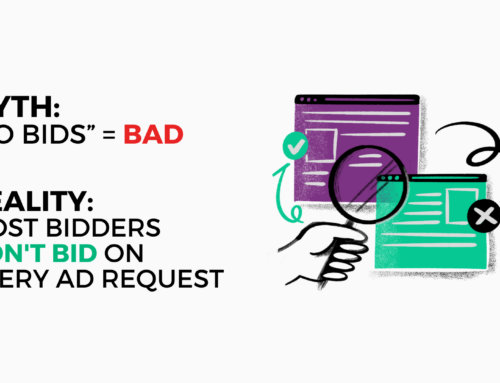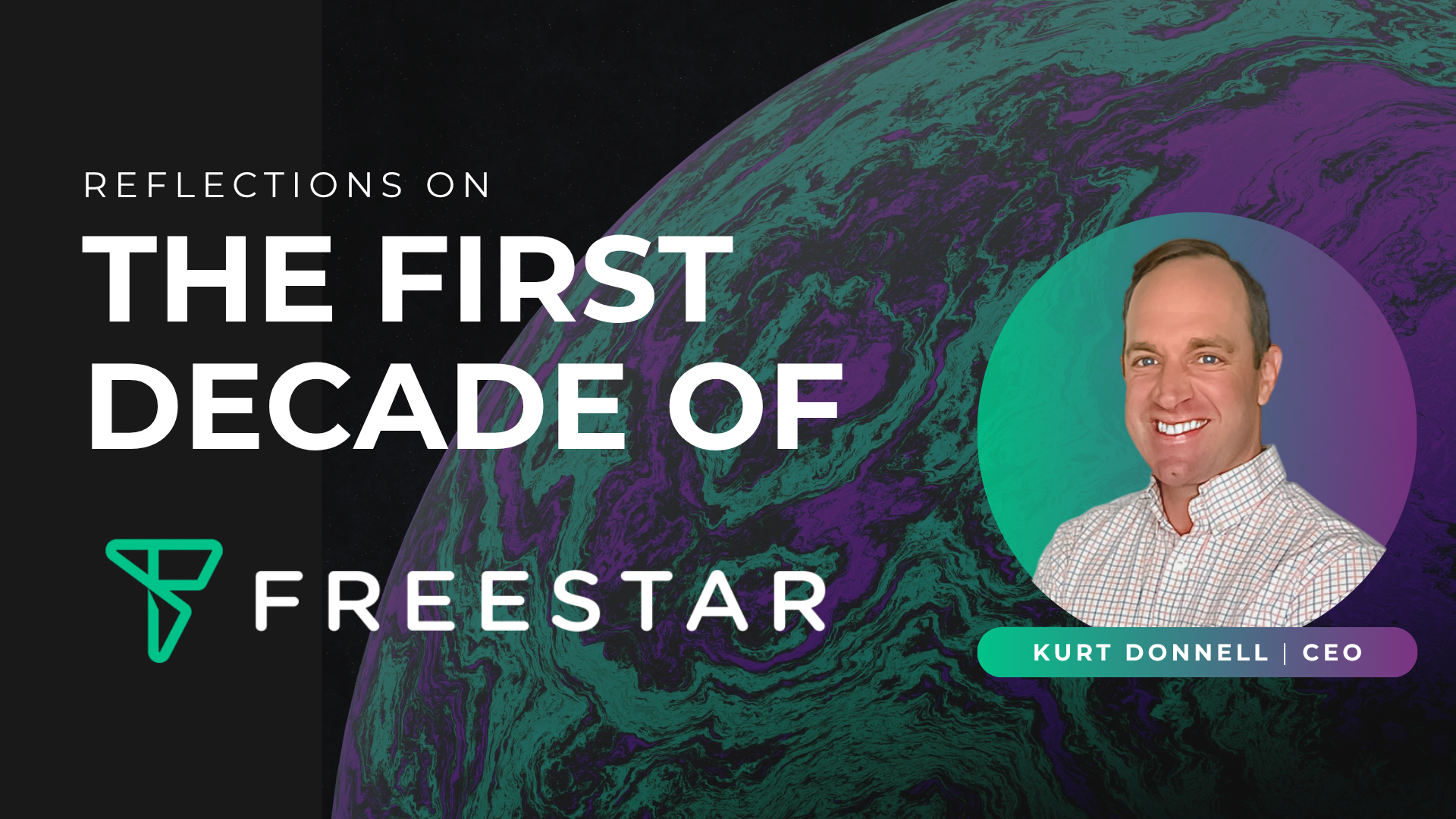The Issue: CPMs Are Down Year Over Year
2019 has unfortunately been a very soft year compared to 2018. Industry-wide, CPMs have been down over 10%, year-over-year, and in some verticals significantly lower than that. We see that in aggregate numbers for the sites that we manage and are hearing the same in many industry conversations with our peers and other large publisher sites. This is, in fact, an industry-wide trend. So what does this have to do with GDPR? Let’s recap what exactly GDPR is and why it matters.
Why exactly is GDPR so significant for publishers?
The General Data Protection Regulation, known as GDPR, took effect May 25, 2019, changing the laws around data privacy in the European Union. GDPR drastically changes how and why companies collect or interact with the personal data of online users in the EU. Under this new law, any visitor of your website from within the EU will need to give explicit consent for any collection, use, storage, or sharing of their personal data. What is deemed “personal data” under GDPR however, is much broader than the US definition of PII (personally identifiable information). The scope expands to include cookie data and IP addresses which are commonly used by brands, agencies, and ad tech vendors in marketing campaigns. Under GDPR, these kinds of personal identifiers can no longer be accessed from EU users unless they’ve opted-in. The user’s browser will be the gatekeeper of their data preferences under GDPR. EU users also have the “right to be forgotten”, meaning at any time they can request for their data to be removed and no longer shared with a given company.
GDPR was a huge change from year to year, legally requiring the user to opt into their cookies being tracked. If they opted out, they became a blind impression to the advertiser, resulting in lower CPMS due to the fact that they could no longer identify the user they were bidding on.
Is GDPR Negatively Impacting CPMs?
From a top-level view, the main focus in the industry this past year has been around transparency and privacy. With that being said, there’s been a slew of new initiatives around the way users are being tracked and the use of cookies. GDPR was a huge change from year to year, legally requiring the user to opt into their cookies being tracked. If they opted out, they became a blind impression to the advertiser, resulting in lower CPMS due to the fact that they could no longer identify the user they were bidding on.
Now that there’s more regulation in place around a user’s privacy, targeting has become a hot topic. The industry is coming together collectively to find more sophisticated and legally accepted ways to target users. There’s been a number of changes with Safari and now CCPA (a copy of GDPR) is making its way to California. 2019 has proven different than previous years in that there’s the usual monthly and quarterly ebbs and flows, but outside of that, advertisers and buyers are adjusting to new ways of targeting the user. Although this doesn’t account for the logic entirely, this is a big component and an important one at that.
Freestar’s Approach
We’re entering an era of identity. The industry is making moves and you can rest assured Freestar is moving in the same direction. Freestar is keeping a close eye on numbers. Even more so, this is something our yield team at large is continuously monitoring and reviewing. Our team is very much active in the case and is always looking for creative ways to power through this temporary swing.





